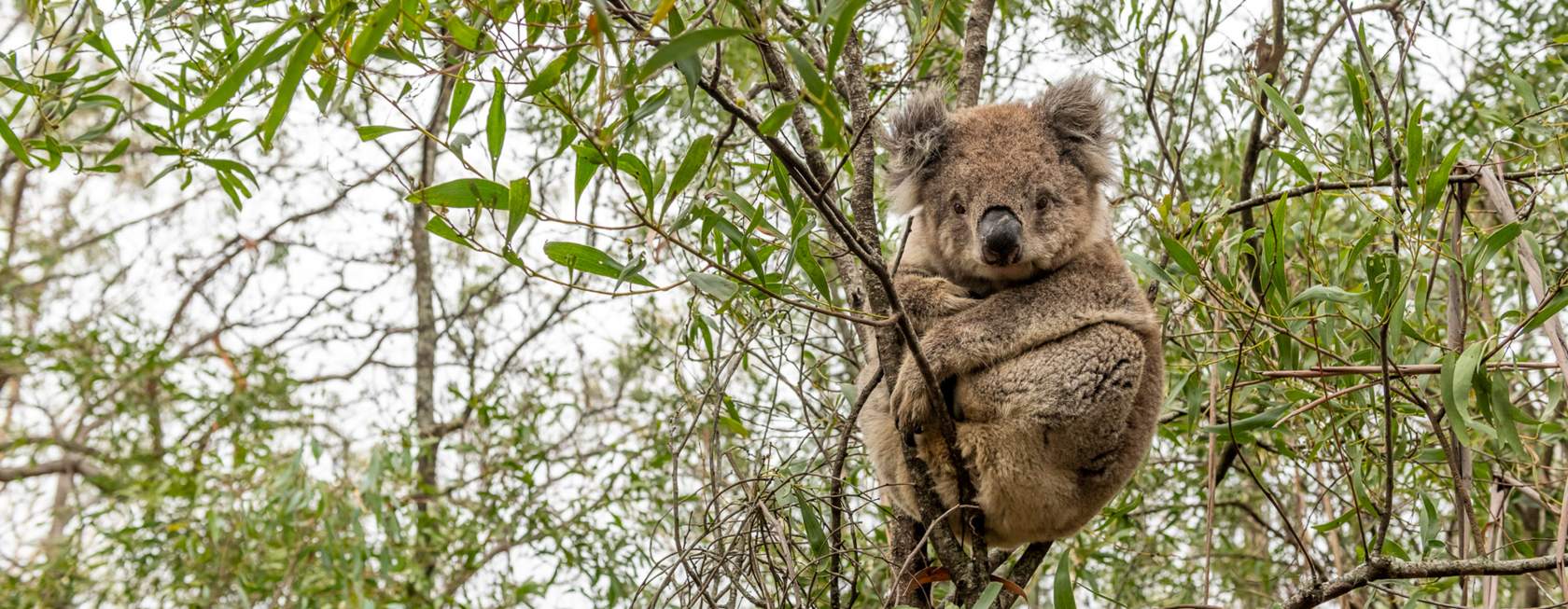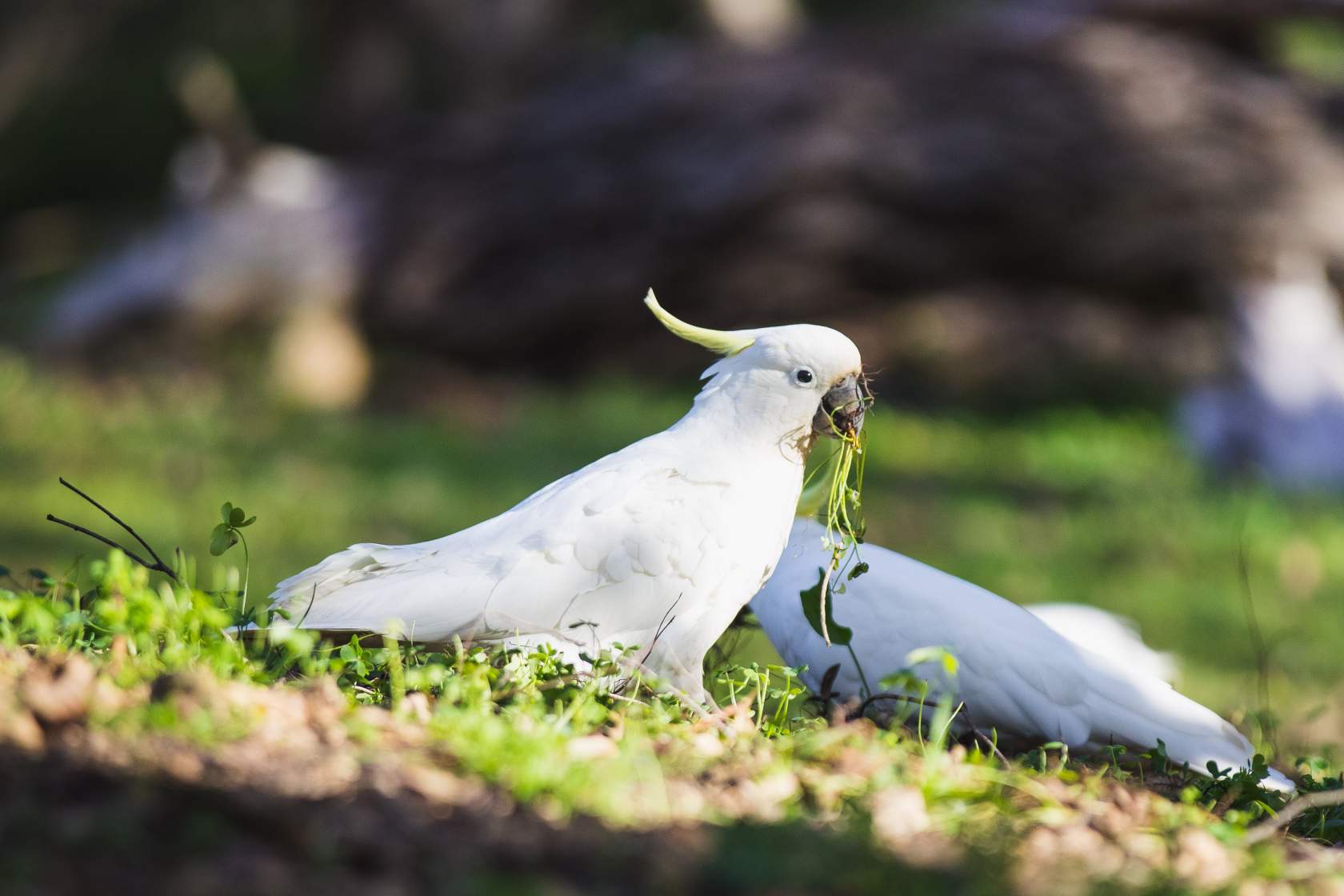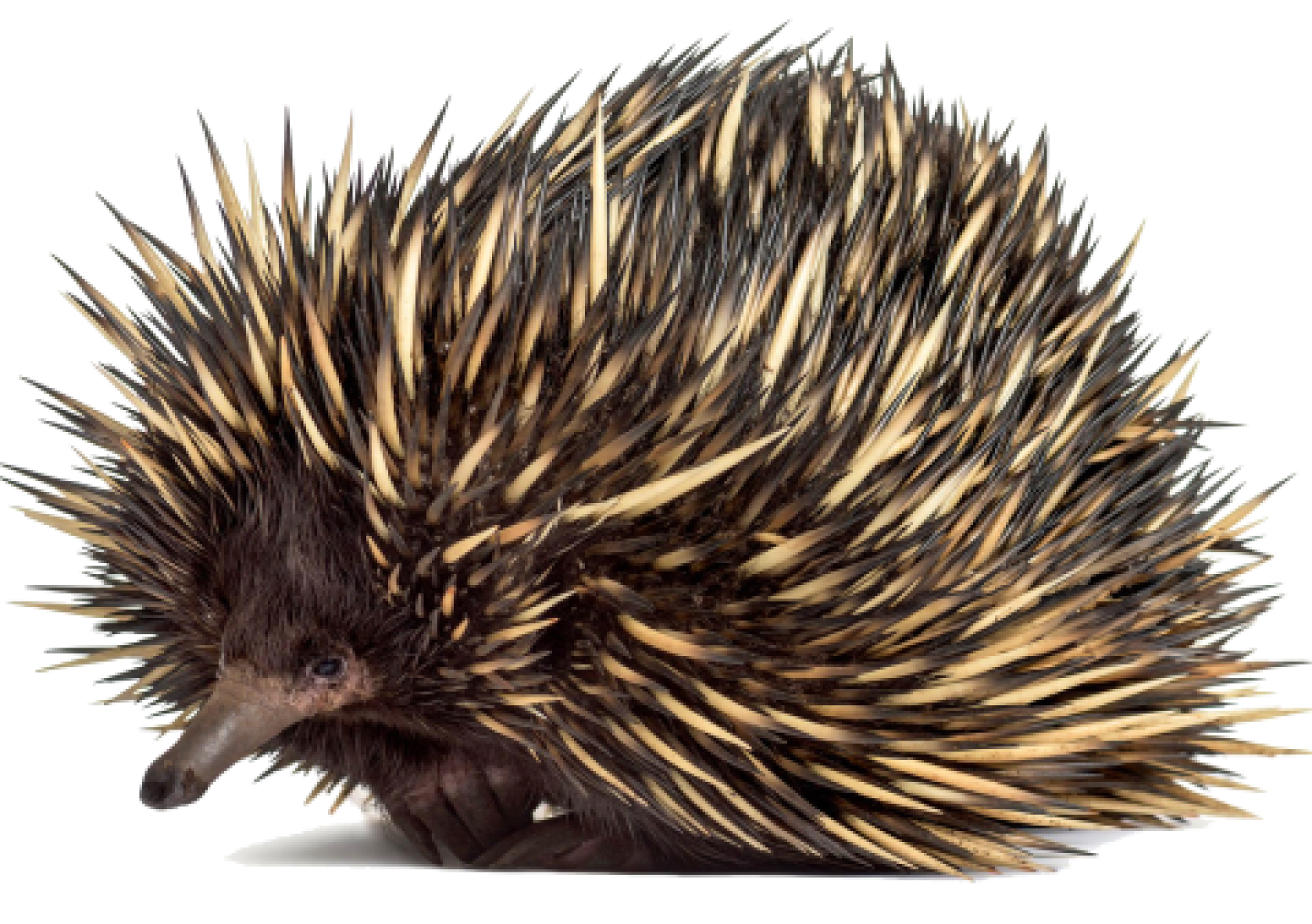
Frequently asked questions
Wildlife Victoria is not authorised to manage non-native or introduced species such as the feral pigeon or rock dove, the white dove, foxes, rabbits or deer. For assistance with non-native animals, including domestic animals and grazing animals, please contact RSPCA Victoria on 03 9224 2222 or your local council.
All native wildlife are protected under the Wildlife Act 1975*. It is an offense to harm native wildlife, or to move them from where they are found. If you have witnessed or know of incidents of cruelty to native animals, please report this to Crime Stoppers Victoria online or by calling 1800 333 000.
*This Act is currently under review by the State Government with changes to the legislation expected to increase protection for native wildlife in Australia.
No, Wildlife Victoria rescues sick, injured and orphaned native animals and if removed from an area, they will be returned to the same location following any veterinary treatment or rehabilitation. Wildlife Victoria does not relocate healthy animals.
During spring, many of Victoria’s young birds are going through the fledgling stage of their development, this means they are emerging from the nest and may spend time on the ground while learning to fly.
During this period, the fledgling bird is still being fed by their parents and they should not be interfered with unless injured or in danger. Makeshift nests can be made to move the fledgling off the ground, though they are likely to repeat ground-dwelling behaviour while they learn to fly.
Many of our native bird species exhibit swooping behaviour when they have young in the nest. This is a protective behaviour that generally only lasts for a few weeks. Species most commonly reported to swoop are the Australian Magpie and the Noisy Miner. It’s important to remember that this is a sign of good parenting. During periods of swooping, avoid the area if possible, or if not, carry an umbrella while in the area.
Mother ducks are on the move in spring, walking their clutch of ducklings for up to two days to search for food and water sources. They can often hatch their young in suburban gardens, chimneys or spaces resembling tree hollows. Once hatched, the mother duck leads them to nearby parks, creeks and natural reserves. In most situations they do not need to be rescued and should be left alone. If in doubt, or if they appear to be in immediate danger, please call our Emergency Response Service on (03) 8400 7300.
If you have found a baby possum and its parents are nowhere to be seen, ring the Emergency Response Service on (03) 8400 7300 to speak to an operator. The possum can be wrapped in something warm and soft and placed in a box in a quiet, dark area. You can keep it warm by filling a hot water bottle or drink bottle with hot water from the tap (not boiling water from the kettle), wrapping the hot water bottle in two layers of towel and placing it underneath the possum. Please do not attempt to give the possum anything to eat or drink. A possum brought in by your cat must be assessed by a vet, even if not visibly injured.
Lucky you! Echidnas are incredible species that can travel up to 10km from their burrows per day, leaving their young for five to seven days in search of food. If you see an echidna in your backyard, please keep pets and children inside. Most echidnas found in backyards will move off on their own. If the animal stays in your yard for longer than 24 hours, or they appear sick, injured or orphaned, please call our Emergency Response Service on (03) 8400 7300.
These amazing animals are close to primates in intelligence and are a threatened species here in Victoria. They are essential to our ecosystem and over 20 species of trees depend upon them for survival. If there are fruit bats feeding from trees in or near your garden, they are attracted to the temporary food source while the trees are fruiting or flowering and are not likely to be around for more than a few weeks. Netting thrown loosely over trees often causes fatal injuries when fruit bats become entangled and struggle desperately to escape. Wildlife-friendly alternatives are available. Read more about grey-headed flying foxes here.
IMPORTANT: Please DO NOT handle a flying fox. Call the Emergency Response Service on (03) 8400 7300 for assistance and wait for a trained and vaccinated rescuer to arrive.
As the weather starts to warm up you may start to see snakes and other reptiles out and basking in the sun. This is normal reptile behaviour and helps them to regulate their body temperature. Wildlife Victoria cannot remove or relocate healthy animals so please consider calling a licensed snake handler if necessary.
Blue tongued lizards are harmless to people and benefit your garden by feeding on snails and slugs.
Turtles found wandering, even in suburban areas, are rarely escaped pets and are mostly wild animals. If the turtle is not injured, it can be transported in an escape-proof box to the nearest natural water source and released. If the turtle has a cracked shell or any other visible injuries, please contact our Emergency Response Service on (03) 8400 7300 for further assistance.
No, Wildlife Victoria do not remove deceased animals from backyards or from roads. If the animal has been hit by a vehicle, please pull over when safe to do so and report the location to our Emergency Response Service on (03) 8400 7300 and our team may dispatch a Wildlife Victoria volunteer to perform a pouch check. For the removal of deceased animals, please contact your local council.



